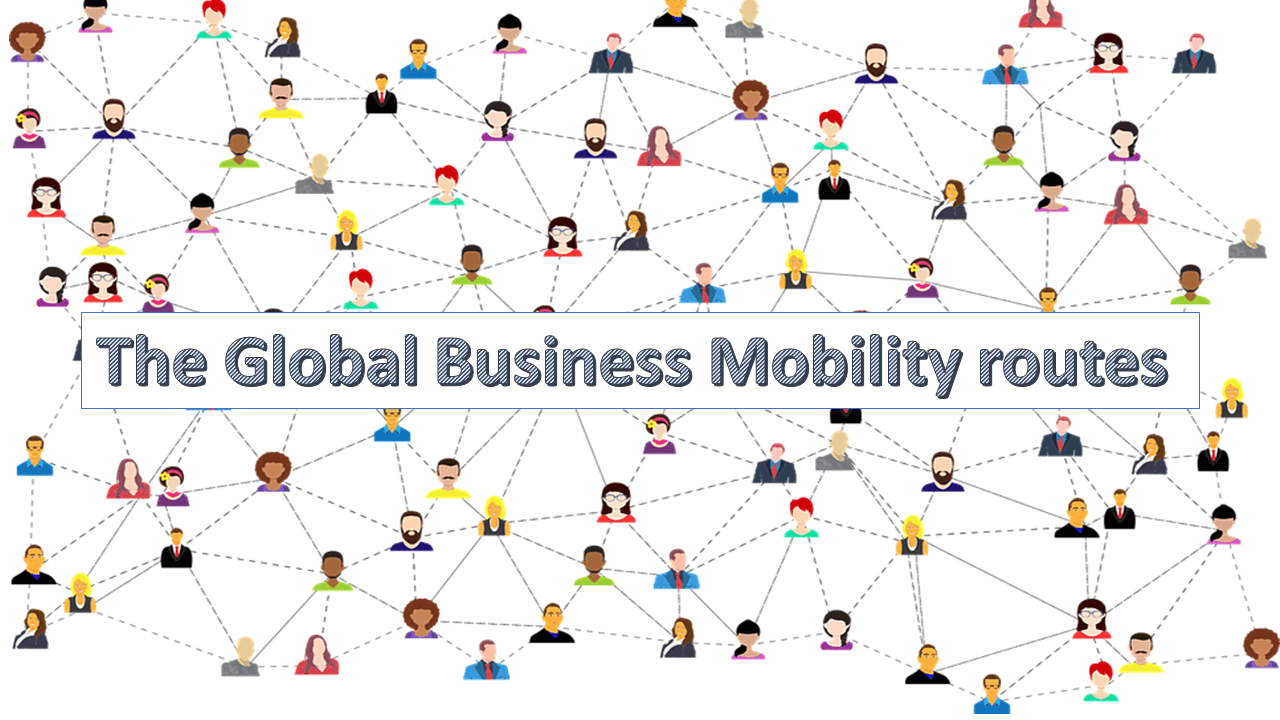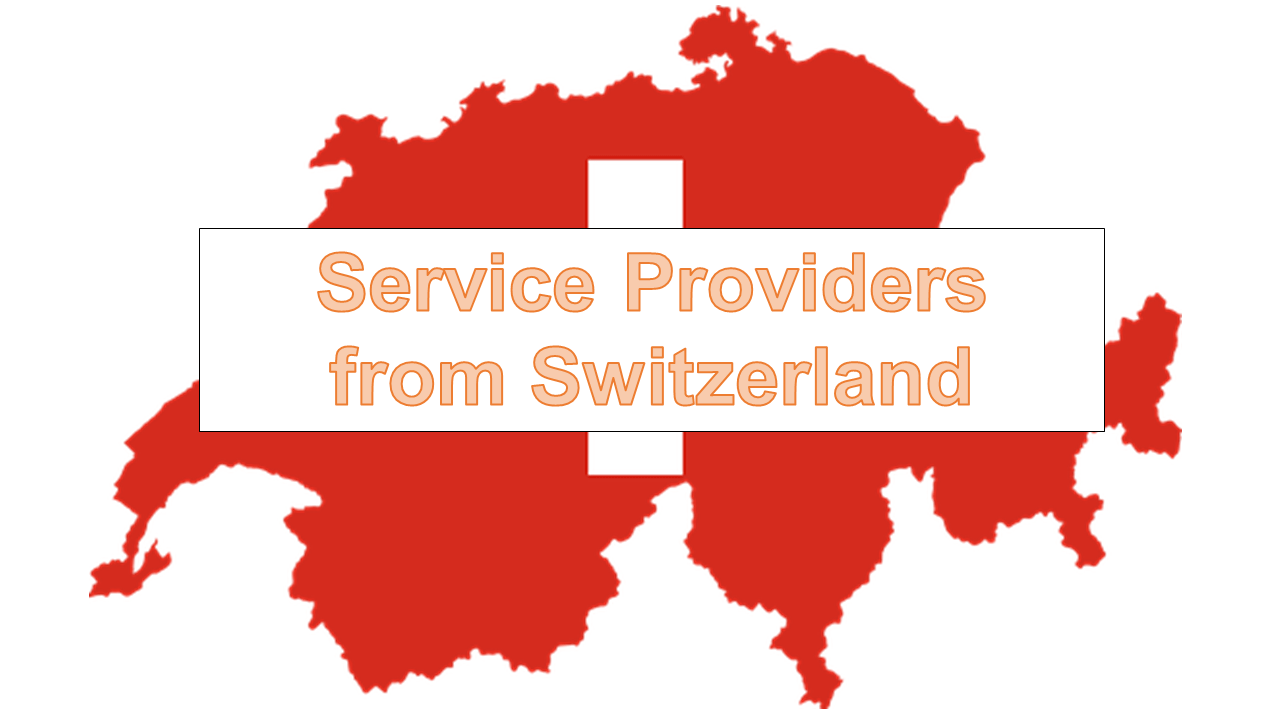UK Work Visas with an Overseas Employer
Currently, there are over 30 different types of UK Work Visas that we can subdivide into 5 main categories:
- UK Work Visas without a Job Offer
- UK Work Visas with an Overseas Employer
- Temporary UK Work Visas
- UK Work Visas to Start a Business in the UK
- Other Categories of UK Work Visas
In this series of articles, you’ll get an overview of all these visa types that will help you understand the purpose of each visa route and decide if this route is for you.
This article covers eight UK Work routes with an Overseas Employer.
Common Features
The UK Work Visas with an Overseas Employer have two features in common:
- They are relatively easy to get
- They do not lead to settlement
The Global Business Mobility route consists of five UK Work routes:
- Senior or Specialist Worker
- Graduate Trainee
- UK Expansion Worker
- Service Supplier
- Secondment Worker
The non-Global business mobility routes with an overseas employer also include:
- Representative of an Overseas Business
- Overseas Domestic Worker
- Service Providers from Switzerland
Global Business Mobility routes are predominantly children of the deceased Intra-Company Transfer route.
The UK Expansion Worker route was derived from the Representative of an Overseas Business route, which is still alive. However, it is now limited to media representatives and extension/settlement applications for sole representatives.
It is no longer possible for new applicants to apply under the Sole Representative route to set up a new business in the UK. Instead, they should consider applying under the UK Expansion Worker route.
2.1 Senior or Specialist Worker

This route is for overseas workers undertaking temporary work assignments in the UK, where the worker is a senior manager or specialist employee and is assigned to a UK business linked to their employer overseas. This type of assignment was often called an intra-company transfer (or ICT) before.
To qualify, you’ll need to work for a Home Office-approved organisation. Your occupation will need to be on this list. Your salary will need to be at least £45,800.
If you are already in the UK and are applying to extend your UK visa in the same job with the same employer, you may qualify if your occupation is listed here.
2.2 Graduate Trainee
This route is for overseas workers who are undertaking temporary work assignments in the UK, where the worker is on a graduate training course leading to a senior management or specialist position and needs to do a work placement in the UK.
You’ll need to work for the Home Office-approved company for at least 3 months to qualify. Your salary will have to be at least £24,200 per year or 70% of the ‘going rate’ for your job – whichever is higher. Your occupation will need to be on this list.
You can stay up to 12 months on this type of visa. Also, you cannot extend this visa. If you would like to remain in the UK longer, the only option is to return to your country of origin and reapply from outside.
2.3 UK Expansion Worker
This incredibly popular route is for overseas workers who are undertaking temporary work assignments in the UK. A worker needs to be a senior manager or specialist employee assigned to the UK to undertake work related to a business’s expansion to the UK. Their salary will have to be at least £45,800 per year, provided the working hours do not exceed 48 hours per week. If a worker works more than 48 hours a week, the UKVI will only take into consideration the first 48 hours.
This route is for companies that have yet to begin trading in the UK. If the business is already trading in the UK, workers should apply under Appendix Global Business Mobility – Senior or Specialist Worker instead.
2.4 Service Supplier
Workers can come to the UK via the Service Supplier route if they have a contract to provide service for a UK company, either as an employee for an overseas company or a self-employed professional based overseas.
Valid Trade Agreement
The Service Supplier’s work has to be covered by a valid trade agreement:
- the General Agreement on Trade in Services (GATS)
- the Temporary Agreement between the Swiss Confederation and the UK on Services Mobility, a permanent resident of Switzerland
- the UK – European Union Trade and Cooperation Agreement
- a contractual service supplier commitment in the CARIFORUM-UK Economic Partnership Agreement
- the Free Trade Agreement between the UK and New Zealand
- the Free Trade Agreement between the UK and Australia3. will be doing an eligible job (some exceptions apply). In other words, their occupation should be listed in Appendix Skilled Occupations as eligible for the Global Business Mobility route
40 Points
It is a points based system application. To succeed, the applicants will need to get 40 points from the table below:
| Points requirements | Points | |
|---|---|---|
| Sponsorship | 20 | |
| Job at an appropriate skill level (option A) or Job at an appropriate skill level (option B) |
20 |
Points for Sponsorship
Service suppliers will get 20 points for the sponsorship element of the application, if they can prove that their sponsor is A-rate, registered and licenced by the Home Office. Additionally, the Sponsors will have to be authorised to sponsors workers under the Global Mobility route as Service Suppliers.
Job at an Appropriate Skill Level (option A)
The Service Supplier’s job will have to be listed in Appendix Skilled Occupations and identified as eligible for the Global Business Mobility routes.
Job at an appropriate skill level (option B)
If the occupation is not listed in Appendix Skilled Occupations, it is still possible to qualify. The applicant will need to show that they have a university degree or equivalent level of technical qualification.
That is unless they are employed by an overseas service provider supplying one of the following services, in which case the qualification requirements in the following table apply:
| Services | Qualification |
| Fashion and modelling | None required |
| Chef de cuisine | An advanced technical qualification |
| Entertainment services (excluding audio-visual services under the CARIFORUM-UK Economic Partnership Agreement) | None required |
| Management consulting services and services related to management consulting (managers and senior consultants) | University degree (an equivalent level technical qualification not permitted) |
| Advertising or translation | Relevant qualifications |
| Technical testing and analysis | University degree or a relevant technical qualification |
And finally, all applicants need to provide evidence confirming that they have worked for your employer for at least 12 months outside the UK, or have at least 12 months of professional experience if you’re a self-employed service provider.
If the application is successful, the UKVI will grant it for 6 or 12 months, depending on the trade agreement.
2.5 Secondment Worker
You can apply under the UK under this immigration route if your overseas employer concluded a high-value contract with the UK organisation.
The requirements are relatively straightforward.
To succeed, the application will need to provide evidence confirming that they:
- are an existing employee of an overseas organisation that has a high-value contract with your UK sponsor that the Home Office has approved
In other words, the sponsor should have an investment or contract for goods or services with an overseas business worth at least £10 million per year and no less than £50 million in total. For example, if a high-value contract is for less than 5 years, its value should be at least £50 million in value. If the contract is for more than five years, then the value has to be at least £10 million a year. If this is an ongoing contract with no end date, the value needs to be at least £50 million for the first 5 years.
The Secondment Worker sponsor will need to register the contract with the Home Office through the Sponsorship Management System (SMS). They can do this either when they apply for their sponsor licence or before assigning a Certificate of Sponsorship.
Additionally, the applicants will need to prove that they:
- have worked for your overseas employer for at least 12 months outside the UK
- have a ‘certificate of sponsorship’ from your sponsor with information about the work you will do in the UK
- do a job in the UK that’s on the list of eligible occupations.
2.6 Representative of an Overseas Business
This route is for employees of an overseas newspaper, news agency or broadcasting organisation posted on a long-term assignment to the UK.
To qualify, the applicants will need to demonstrate their English language proficiency at the level of at least A1 unless they are from the majority English-speaking country or other exceptions apply.
2.7 Overseas Domestic Worker
This is an ancient route. The Home Office introduced it in 2002. At that point, the applicants could even apply for settlement. This is no longer the case. The maximum period of time the applicants can remain under this route is 6 months.
This route is usually for personal chefs, nannies, cleaners, chauffeurs, personal carers and bodyguards.
To qualify, you need to:
- be over 19
- have worked for your employer for at least 1 year
- work in the same household as your employer or one they use regularly
- plan to travel to the UK with your employer, their partner or children
- intend to work as a full-time domestic worker in a UK household your employer will live in
- plan to leave the UK at the end of 6 months
- be able to support yourself in the UK without the need for public funds
There are certain conditions that your employer has to satisfy:
They need to be:
- either a British citizen who usually lives outside the UK and who does not intend to remain in the UK for more than 6 months; or
- a foreign citizen who is coming to the UK on a visit and who does not intend to remain for more than 6 months
- they also need to pay at least the national minimum wage.
The hourly rate for the minimum wage depends on your age and whether you’re an apprentice.
2.8 Service Providers from Switzerland

The Service Providers from Switzerland is a small niche route that allows eligible employers, companies or self-employed individuals to execute contracts with a party based in the UK for a period not exceeding 90 days per calendar year.
They needed to have concluded the contract before 31 December 2020 (the end of the Brexit Transition period).
Continue reading about the next category of UK Work Visas in 2023 HERE.
